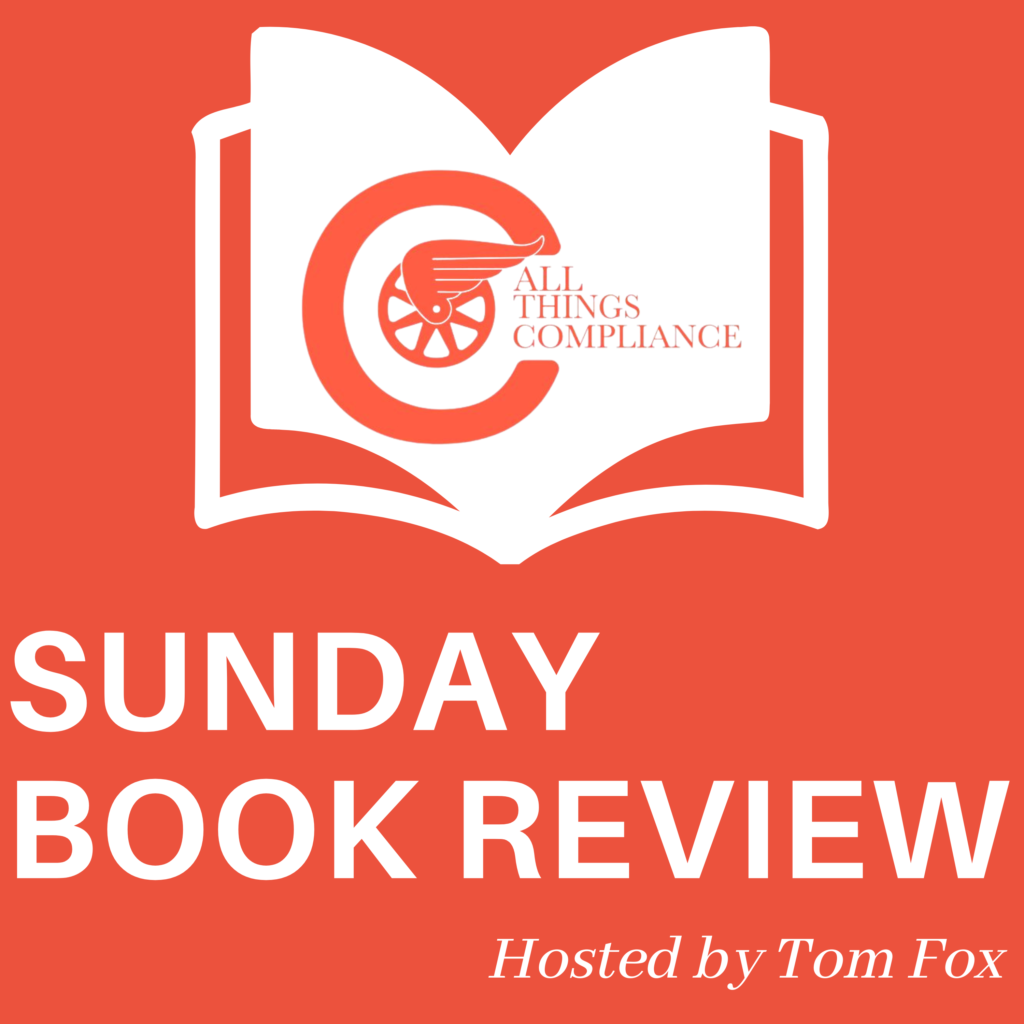We continue our exploration of the resolution of the FCPA enforcement action involving the Swiss trading firm Gunvor S.A. The enforcement action came in with a $661 million penalty against the company, which has pleaded guilty to bribing Ecuadorian government officials through the 2010s in exchange for intelligence about upcoming business contracts with the state-owned oil company of Ecuador. The matter was resolved via a Plea Agreement. Information detailing the company’s conduct was also issued.
Given the multi-year nature of the bribery scheme, how high it went up in the organization, and the lack of self-disclosure, one might charitably wonder how Gunvor was able to garner a fine that was so low. According to the Plea Agreement, Gunvor paid over $97 million to corrupt third-party agents, who then made bribes to Ecuadorian officials. Gunvor earned over $384 million in profits from the business obtained through the corrupt scheme. Yet Gunvor received a 25% discount off the 30th percentile of the applicable US Sentencing Guidelines fine range. How did Gunvor achieve this discount?
Extensive Cooperation
The starting point for this analysis is the Plea Agreement. It noted several factors, including, among others, the nature and seriousness of the offense. Gunvor received credit for its cooperation with the department’s investigation, which included: (i) producing documents to the department from multiple foreign countries expeditiously while navigating foreign data privacy and criminal laws; (ii) providing information obtained through its own internal investigation to the department, which allowed the department to preserve and obtain evidence as part of the department’s investigation; (iii) making detailed, factual presentations to the department; (iv) arranging for the interview of an employee based outside the United States; (v) promptly collecting, analyzing, and organizing voluminous information, including complex financial information, at the request of the department, and producing an analysis of trading activity conducted by multiple outside forensic accounting firms retained by Gunvor; (vi) translating foreign language documents to facilitate and expedite review by the department; and (vii) imaging the phones of relevant custodians at the beginning of Gunvor’s internal investigation, thus preserving business communications sent on mobile messaging applications.
The Remediation
The Plea Agreement also included information on the remediation that Gunvor carried out. Gunvor also engaged in timely and appropriate remedial measures, including: (i) eliminating the use of third-party business origination agents; (ii) enhancing its third party due-diligence process; (iii) developing and implementing a control framework for internal business developers and additional layers of review and approval for counterparty payments; (iv) enhancing the independent compliance committee with responsibility for reviewing high-risk transactions; (v) engaging resources to review its compliance program and test the effectiveness of its overall reporting process, its reporting hotline and the effectiveness of the investigation of reports made through the hotline; (vi) evaluating and updating its compensation policy to better incentivize compliance with the law and corporate policies; (vii) hiring additional compliance personnel; (viii) testing and enhancing its compliance program, including by conducting compliance culture reviews, testing new third party due diligence process and payment controls, and evaluating controls around business development activities; and (ix) developing and implementing a risk-based business communications policy that addresses the use of ephemeral and encrypted messaging applications.
Prior Misconduct
The department also considered Gunvor’s history of misconduct. In October 2019, Gunvor resolved with the Office of the Attorney General of Switzerland concerning a corrupt scheme to bribe officials in Congo-Brazzaville and Côte d’Ivoire to secure oil contracts obtained between 2009 and 2012. As part of the 2019 Swiss resolution, Gunvor admitted that it lacked sufficient controls to prevent the underlying misconduct and failed to take “all the reasonable organizational measures” required to prevent Gunvor’s employees and agents from engaging in bribery.
Fine Calculation
The explanation from the DOJ answered an open question in the minds of many compliance professionals about recent FCPA enforcement. That question was about how culture and prior misconduct were factored into the fine determination. This case follows the recent SAP enforcement action, where there was a similar analysis. The DOJ is not discounting fines off the low end of a fine range but instead on some point above that low end. In Gunvor’s case, the high end of the fine range (after the full calculation under the Sentencing Guidelines) was $768,328,352, and the low end of the fine range was $384,164,176. With the uplift to the 30th percentile, the final fine was $374,560,071, with an additional forfeiture of $287,138,444. In the SAP enforcement action, the company received a 40% discount off the 10th percentile of the Sentencing Guidelines fine range.
Failure to Self-Disclose
We need to emphasize, once again, that under the Corporate Enforcement Policy, Gunvor’s failure to self-disclose cost it an opportunity of at least 50% and up to a 75% reduction off the low end of the U.S. Sentencing Guidelines: fine range. Moreover, its actions resulted in the company not receiving a reduction of at least 50% and up to 75% from the low end of the U.S.S.G. fine range but rather at the 30th percentile noted above. Gunvor’s failure to self-disclose cost it an estimated $50 million under the Sentencing Guidelines. Its inability to self-disclose and recidivism cost it a potential $150 million in total discounts available under the Corporate Enforcement Policy.
Once again, the significance is that the DOJ is sending the message that self-disclosure is the single most important thing a company can do in any FCPA investigation or enforcement action. Kenneth Polite said that when announcing the updated Corporate Enforcement Policy in January 2023, the new Monitor Selection Policy was the number one reason for a company not having a monitor required. The DOJ’s message could not be more explicit: self-disclose, self-disclose, self-disclose, self-disclose.
Join us tomorrow as we consider the lessons learned from the Gunvor FCPA enforcement action.




